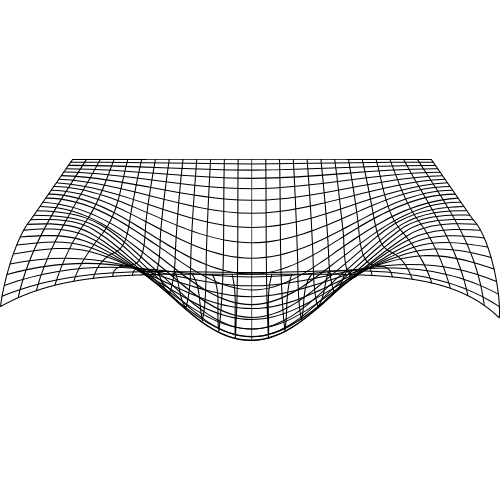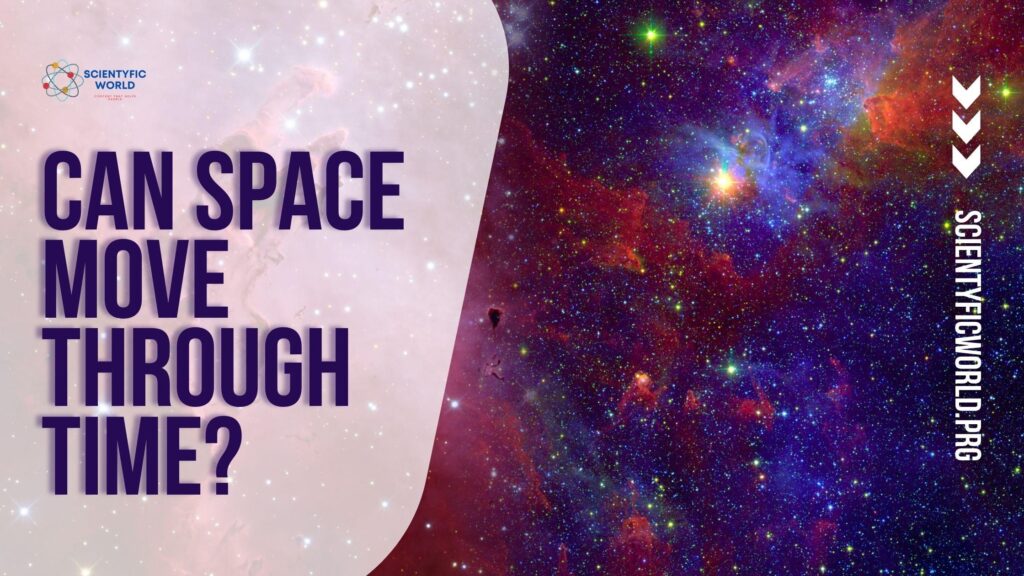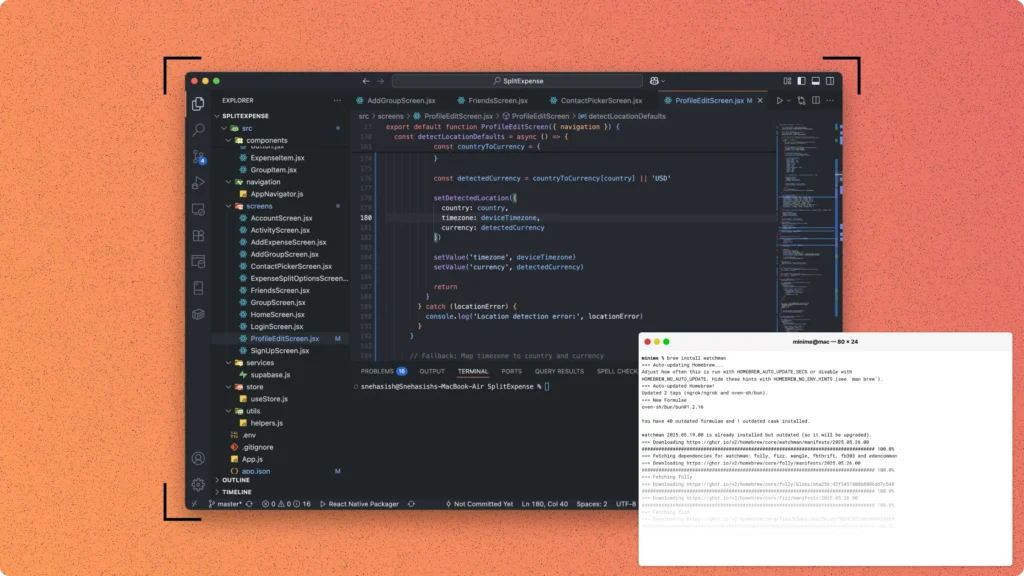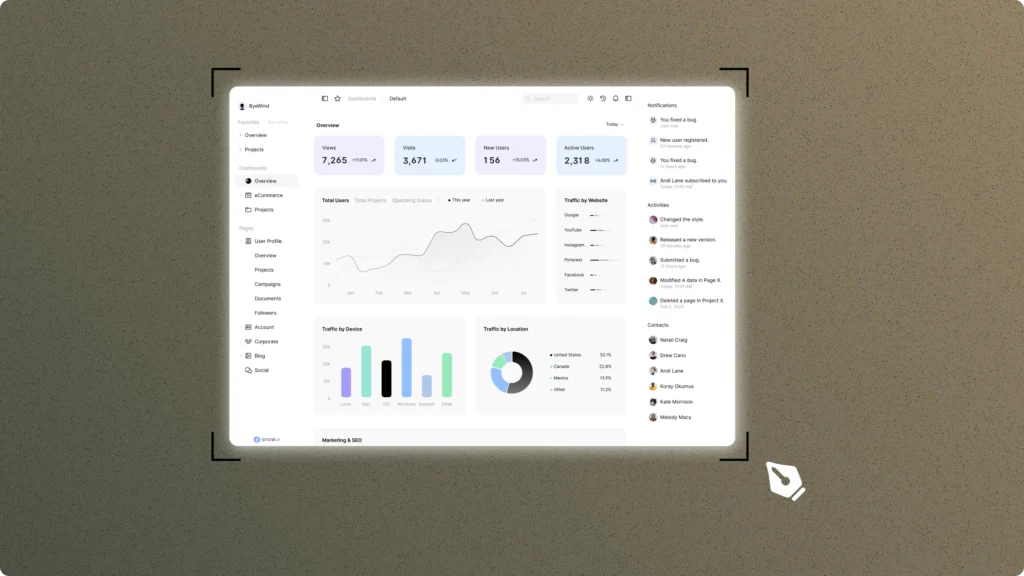Recently I found an interesting question on the web, that says “Can space move through time or vice versa?” and I thought let’s write an article on this topic. Okay, so the question is Can the space move through time or vice versa?
To answer this question, we need to find the answer to the following question first.
Can Space exist without Time or Vice Versa?

Absolute space or absolute time doesn’t exist. Space and time are connected and dependent on each other as per Einstein’s “special theory of relativity“. Space and time are linked inseparably and we call it space-time. Every single matter in the universe is responsible for the curvature of spacetime. This is why time moves slower on larger planets because they are heavier and stretch spacetime more.
This means under the influence of a strong gravitational field, time slows down. So time moves differently in two different planets with two different weights. We call this phenomenon time dilation.
If you’ve ever seen the movie INTERSTELLAR, then you can understand this phenomenon very easily. Because there was a planet called Miller’s planet. Just after they landed on the planet, Dr Cooper said “7 years per hour“, which means if they spend 1 hour on that planet, that would be equivalent to spending 7 years on Earth.
Now, the point is very simple-
The more an object is heavier, the more it’ll curve the space-time and time will slow down more for that object. And here we can’t even think to separate these two words- space & time.
So, space & time can’t exist without each other. So, the answer is clearly “no“.
Now, coming to the main question-
Can space move through time or vice versa?
Time as a measurable concept does not technically exist. What we tend to measure things is how long they have or haven’t been in a particular state, or the rate they are changing, which we can more accurately define as DURATION.
Case 1:
If by “space,“ you mean all of the elements within the universe means Energy, matter, particles, waves, all the living beings, stars, galaxies then yes, all things “move through time” and can be subject to durational measurement.
Case 2:
Now, if by “space” You’re referring to the void, then I would say, no, not necessarily. As the void of space, the space between things, the absolute vacuum is as close to zero as we can possibly get, then I postulate that IT ITSELF does not change, rather changes happen WITHIN it.
The void cannot be measured because there’s nothing to measure. The things in the void can be measured because they’re things to measure.
Now, I’ve mentioned the “special theory of relativity“, but not explained what it is. So, here it is for you.
Special Theory of Realtivity in short:
In physics, the special theory of relativity, is a theory regarding the connection between space and time. In Albert Einstein’s original treatment, the idea is predicated on two postulates:
- The laws of physics are invariant (i.e. identical) in all inertial frames of reference (that is, frames of reference with no acceleration).
- The speed of light in vacuum is the identical for all observers, no matter the motion of the sunshine source or observer.







